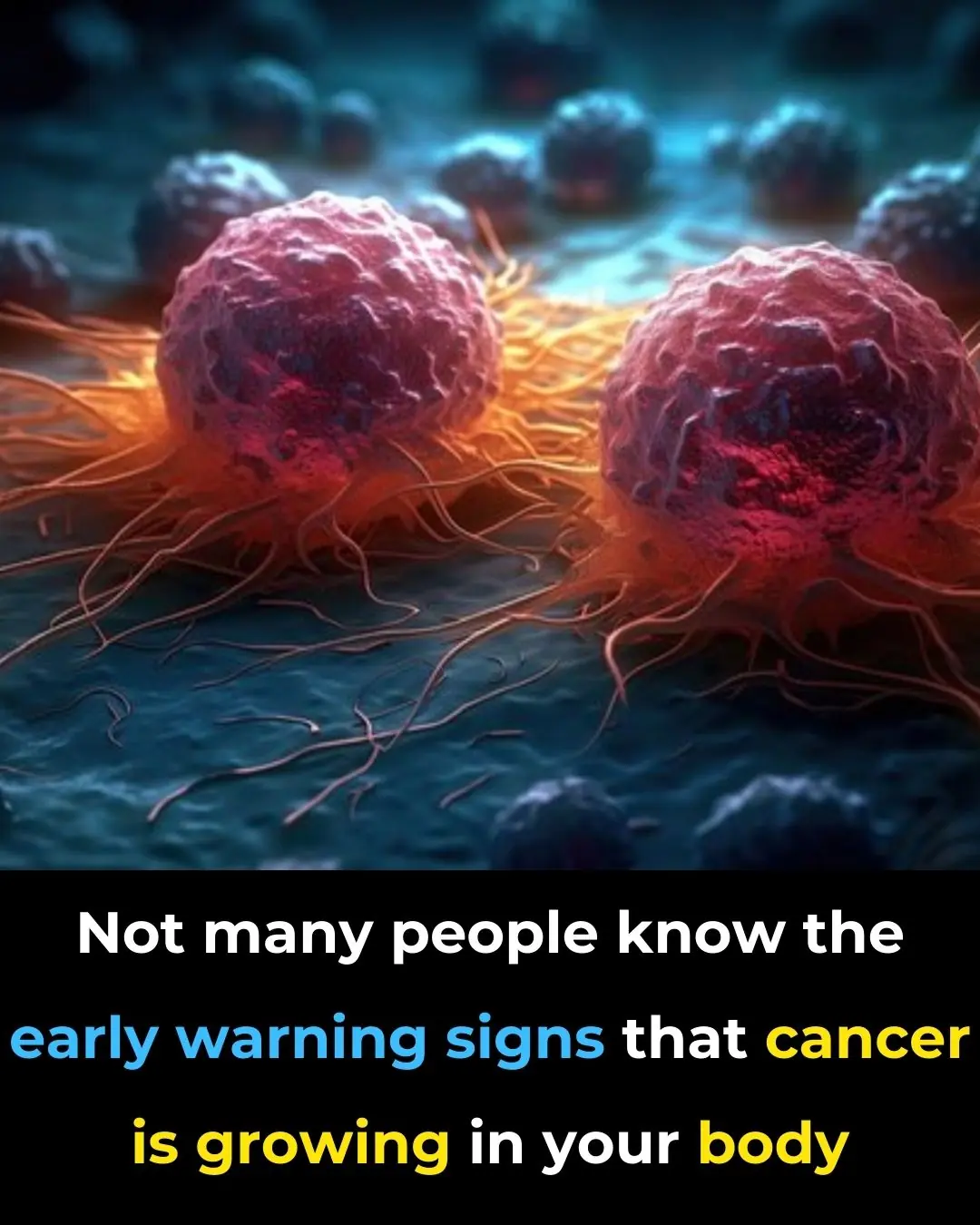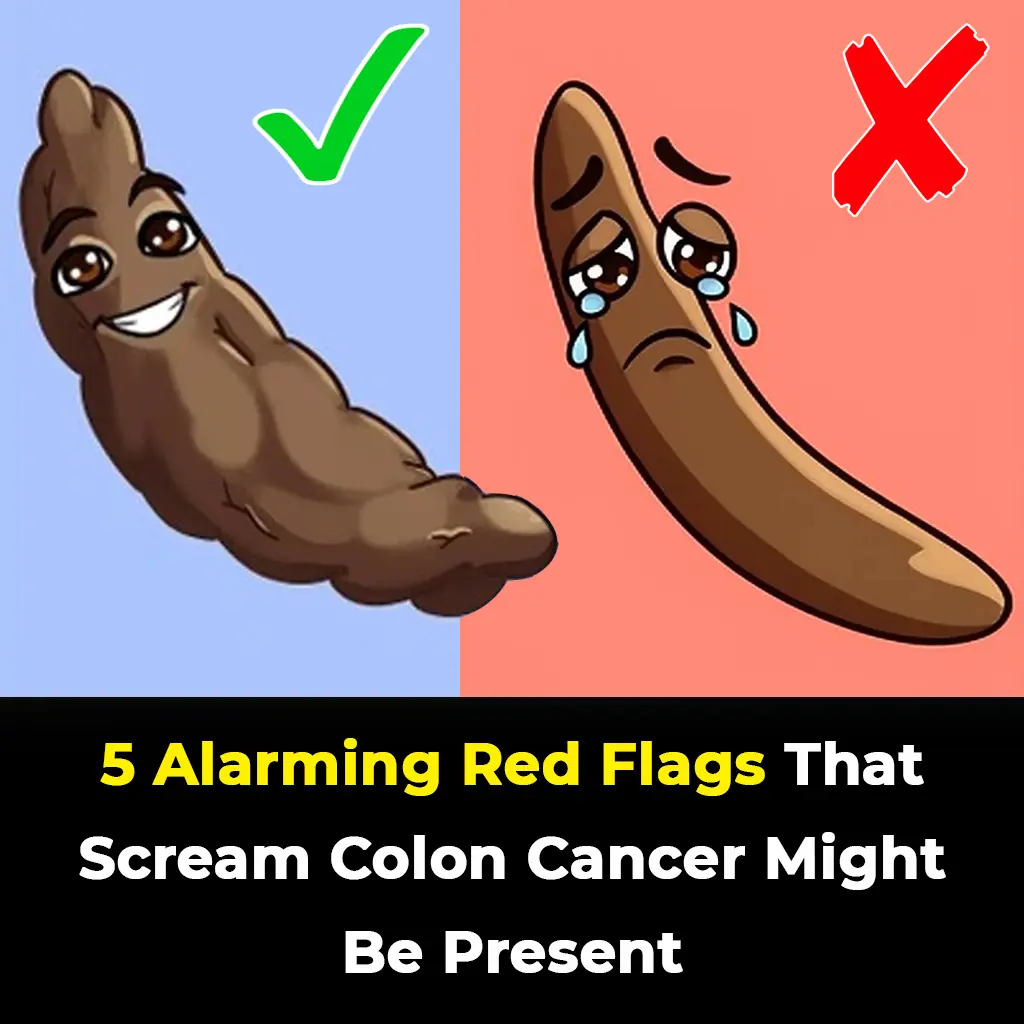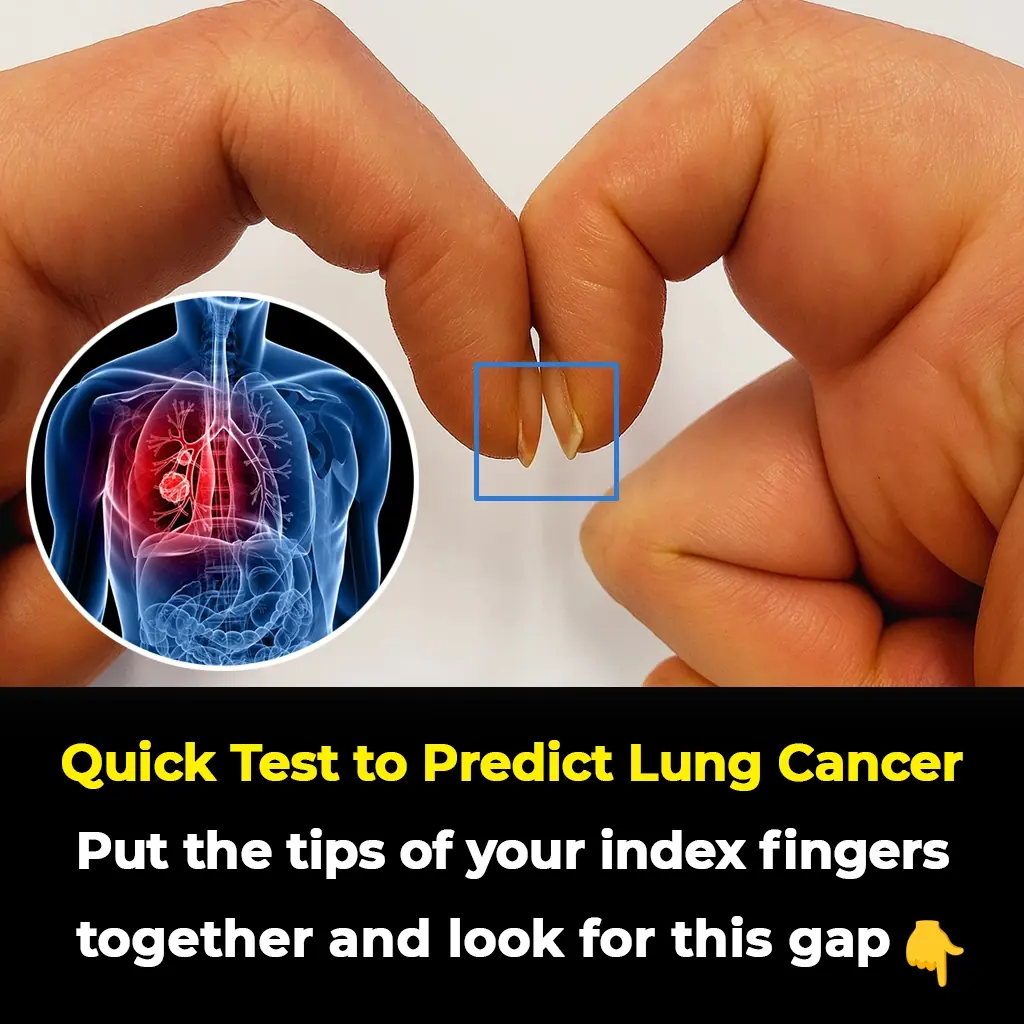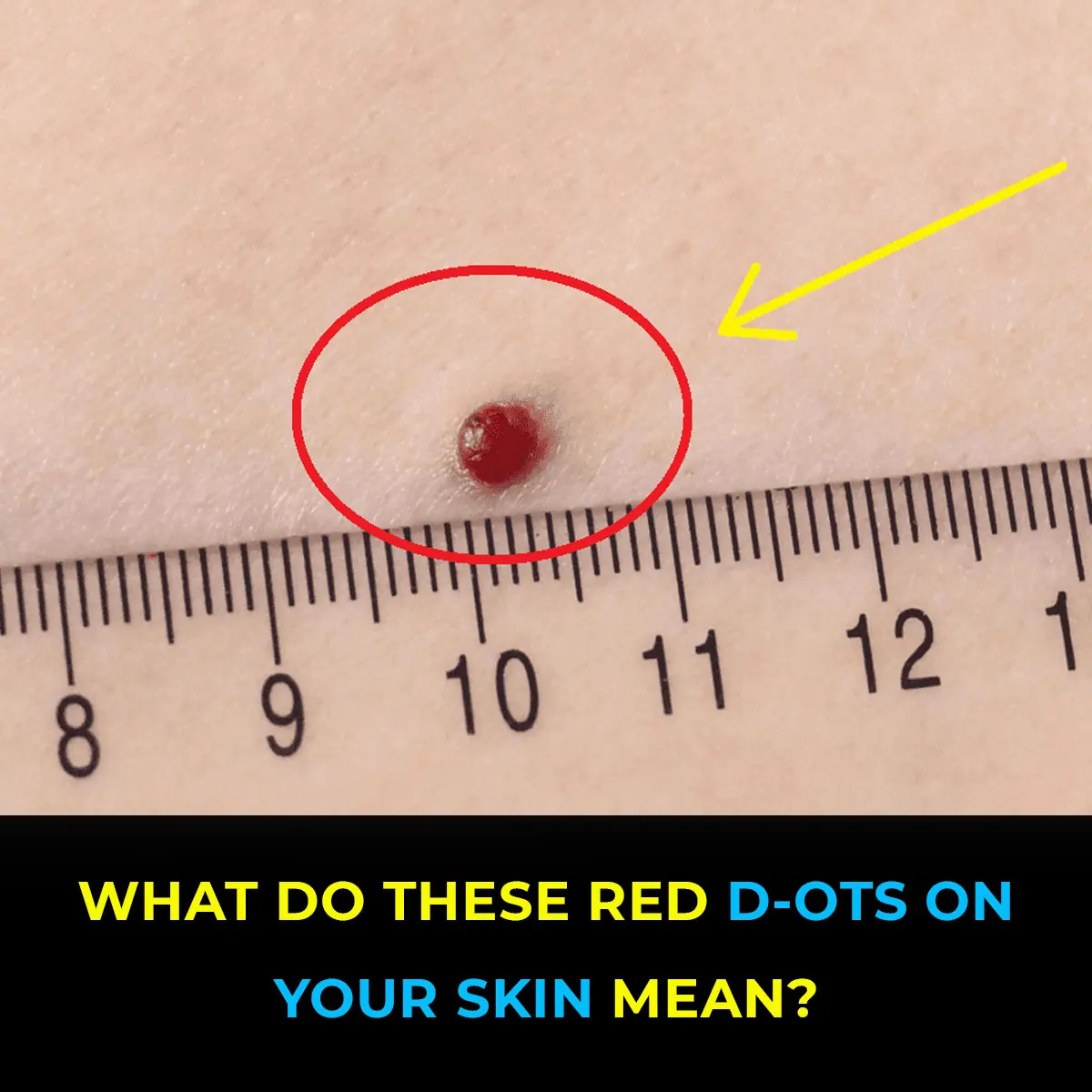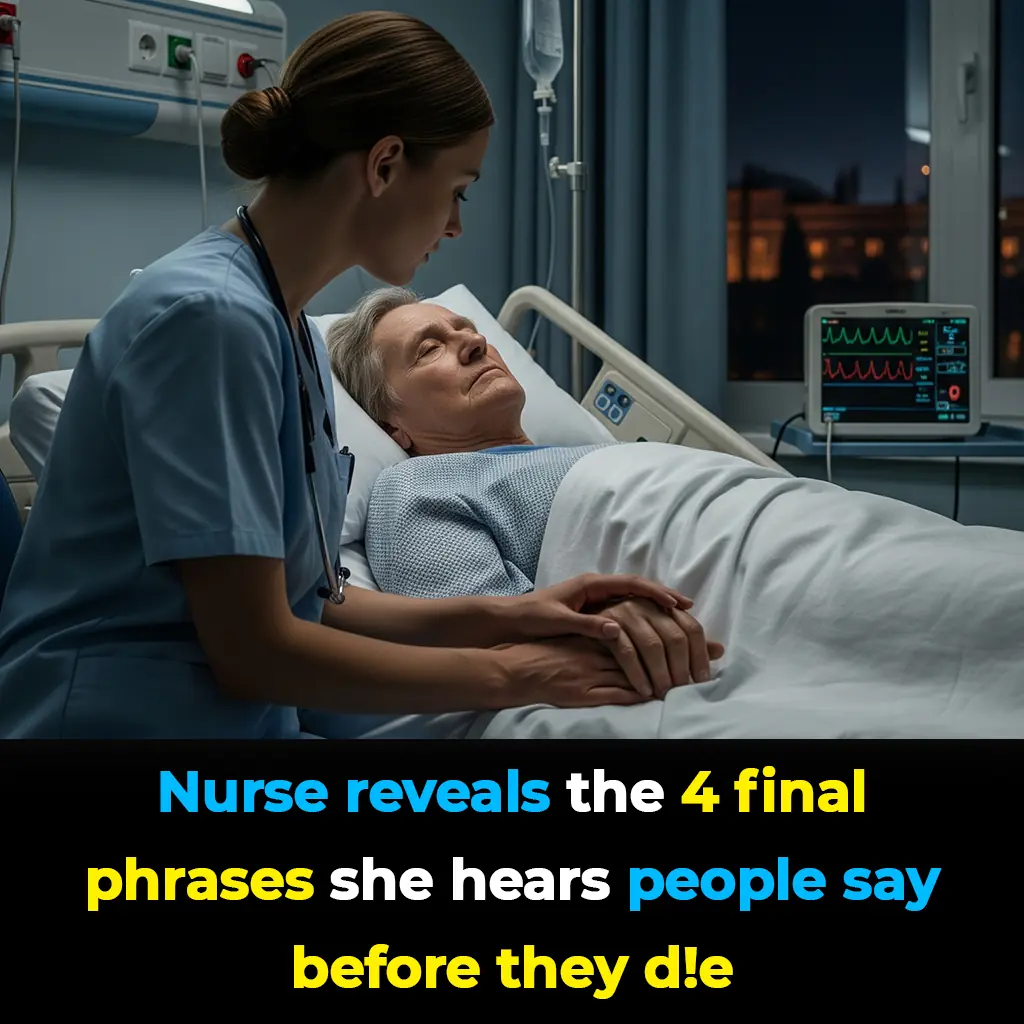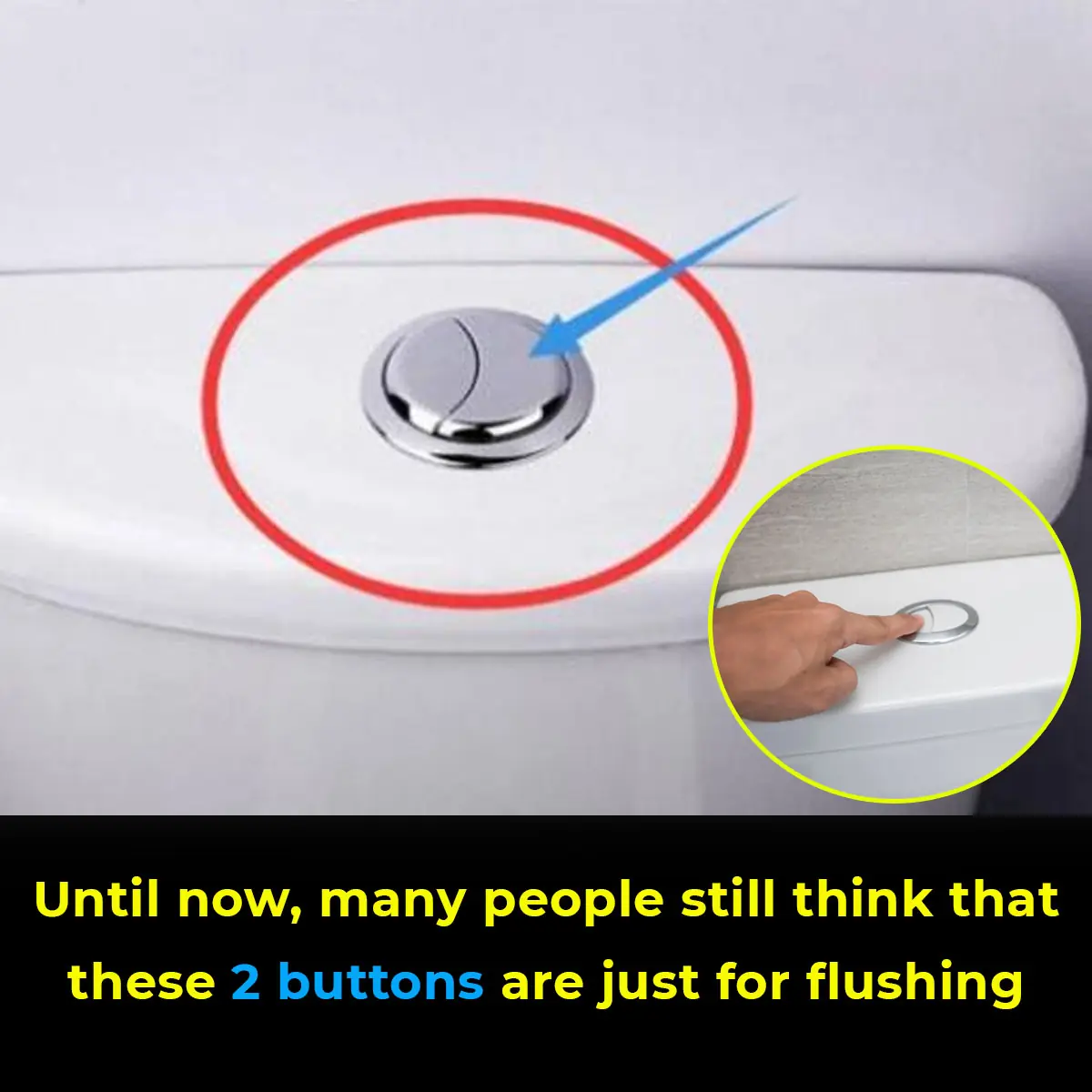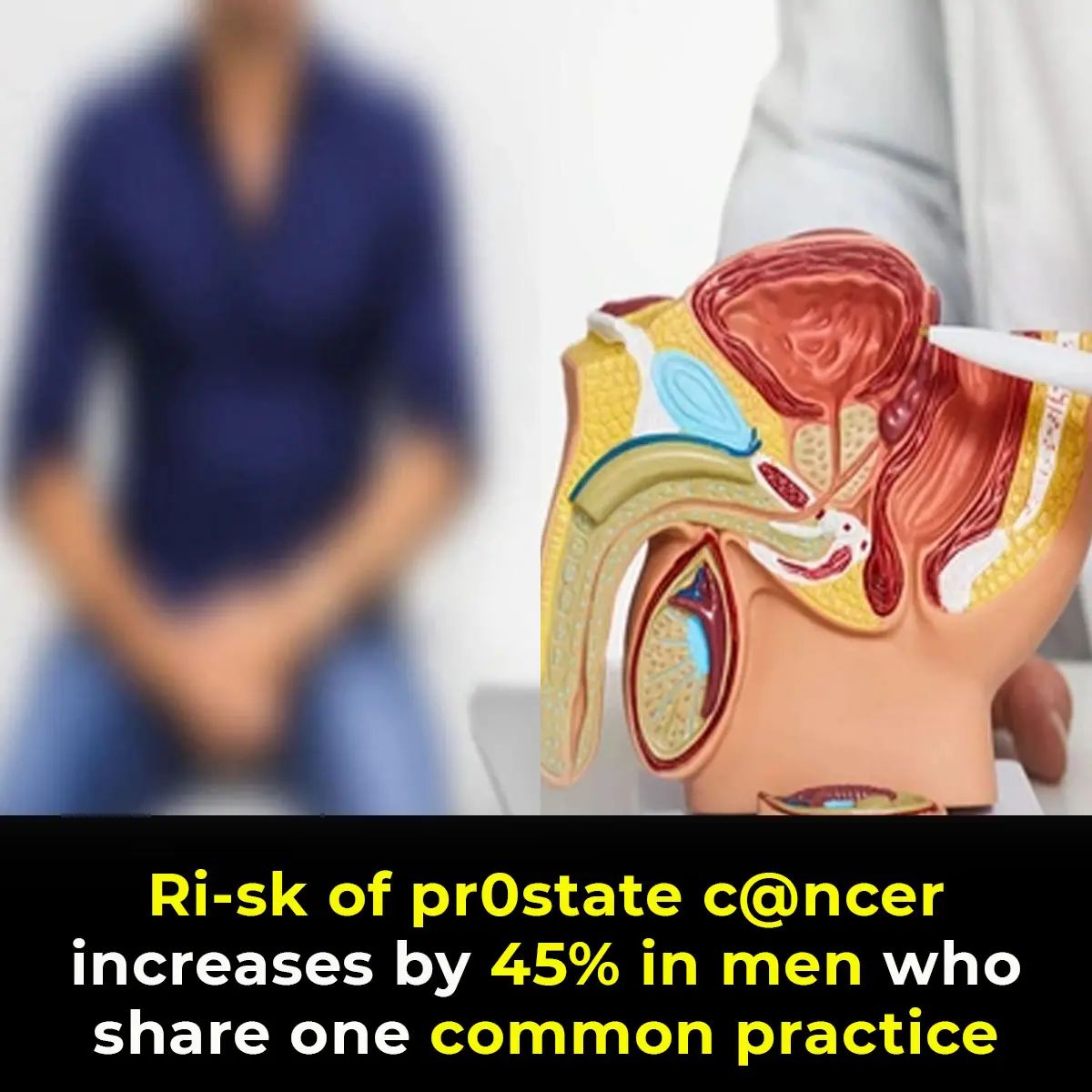
According to the American Cancer Society, one in every eight men will be diagnosed with prostate cancer during their lifetime. Currently, prostate cancer ranks just behind lung cancer as the second leading cause of cancer-related deaths. However, many individuals survive this battle and continue to live healthy lives. Early detection plays a crucial role in whether a person survives prostate cancer or not.
How to Reduce Your Prostate Cancer Risk
There are several known risk factors for prostate cancer. These include age, ethnicity (prostate cancer is more common in African Americans), genetics, family history, and lifestyle. Some risk factors, like smoking, being sedentary, obesity, and diet, can be modified. However, the most important thing you can do to lower your risk is to get regular screenings. Skipping these tests could increase your prostate cancer risk by as much as 45%. Early detection allows treatments to be initiated quickly, significantly improving the likelihood of successful outcomes.
PSA Screening Studies
The ERSPC (European Randomized Study of Screening for Prostate Cancer) has been gathering data for over 20 years, involving tens of thousands of men from seven European countries. The study suggests that attending regular screenings can lower the risk of dying from prostate cancer by 20%. However, fewer and fewer men are participating in these screenings, and this decline in attendance has been directly linked to an increased risk of prostate cancer. Researchers from the Erasmus MC Cancer Institute at the University Medical Centre in the Netherlands discovered this connection.
Findings from the Netherlands Study
The study included 72,460 men, and found that one in six missed all of their scheduled screening appointments. These men were found to be 45% more likely to die from prostate cancer. Dr. Renée Leenen, the study’s lead author, stated that men who avoid regular screenings are often ‘care avoiders.’ These individuals tend to neglect beneficial health practices and preventative measures. On the other hand, those who attend screenings typically live healthier lifestyles overall.
Encouraging Attendance
Researchers and healthcare professionals are still uncertain as to why some men attend screenings while others do not. Dr. Leenen emphasized the importance of understanding why some men choose not to attend these vital appointments. Identifying the barriers preventing men from getting screened could help in creating more effective programs to educate and encourage men about the benefits. The study’s findings were presented at the European Association of Urology Congress in Madrid, Spain, with the goal of raising awareness and inspiring global change.
Prostate Cancer Risk Factors
As noted earlier, men who regularly attend screenings tend to live healthier lives. Factors such as stress management, exercise habits, and diet all contribute to your risk of prostate cancer. Men who attend screenings are also more likely to be aware of other prostate cancer risk factors. But for those who skip screenings, the reasons often include denial, fear, and busy lifestyles. Some may even view prostate screenings as invasive or emasculating, which can discourage them from participating.
Advances in Prostate Screening
Many men avoid screenings because they see them as invasive, primarily due to the use of the digital rectal exam (DRE). This technique involves a doctor inserting a finger into the rectum to check the prostate. While this method is still occasionally used, it has largely been replaced by a simple blood test called the Prostate-Specific Antigen (PSA) test. The PSA test measures the levels of a protein in the bloodstream, allowing doctors to detect potential prostate issues. This quick blood draw could be the key to early detection, potentially making a life-saving difference.
The Bottom Line
There are several prostate cancer risk factors to consider, but the most effective way to detect issues early or receive timely treatment is through regular screenings. These tests are no longer as invasive as they once were, and additional diagnostic tools, such as biopsies and MRI scans, have made diagnoses more accurate. There’s virtually nothing to lose by getting tested, but the peace of mind gained is invaluable. If the test is negative, you can rest easy for another year. If positive, early detection will allow for more effective treatment options. However, not attending screenings could lead to negative outcomes, significantly increasing the risk of developing prostate cancer.







